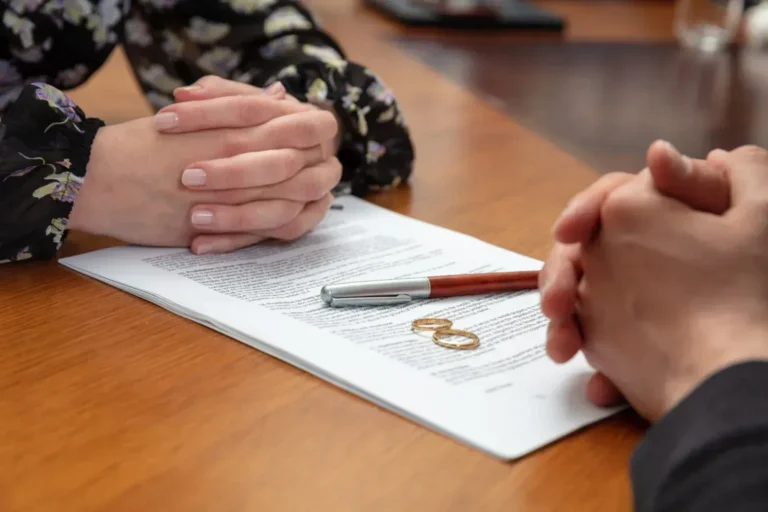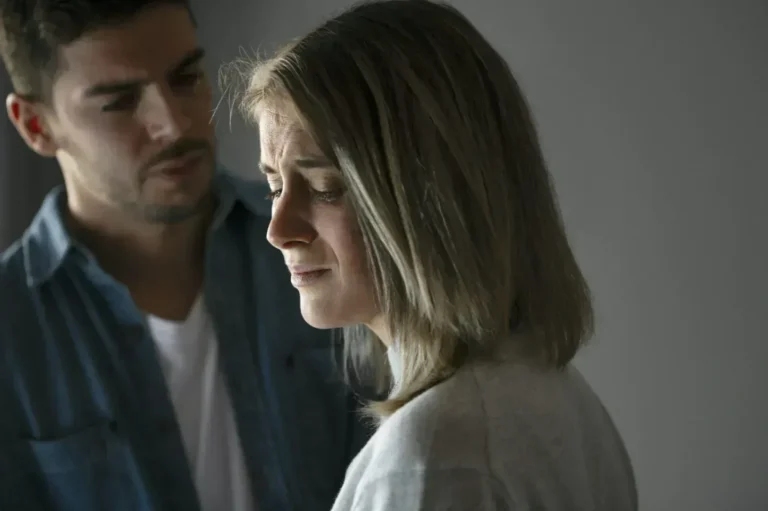Divorce Decree: Definition and Significance
As experienced divorce lawyers at ReedsAndReeds, we often hear clients ask, “What is a divorce decree?” This crucial document finalizes your divorce and outlines all the terms and conditions set forth by the court. Without it, crucial matters like asset division, child custody, and support would be left unresolved. Let’s break down what a divorce decree entails and why it’s essential for your peace of mind.
According to NOLO, a divorce decree is a court’s final order officially ending a marriage. It outlines the rights and responsibilities of each party, including child support, alimony, and property division. Once the decree is signed by a judge, the divorce is legally binding.
Introduction to Divorce Decrees
A divorce decree is a court-issued document that officially dissolves a marriage, outlining the division of property, alimony, and child custody arrangements.
In other words, this document lays out the details of the divorce, like how things will be divided, who gets custody of the kids, and any financial help that might be needed. A court gives out this paper when the divorce is finished.
In other words, it’s very important to follow what it says because it’s a legal requirement. Not obeying it can lead to legal trouble. It’s a good idea to get a lawyer to help with this document to make sure your rights are protected.
Key Components of a Divorce Decree
A divorce decree intricately outlines the division of assets, child custody arrangements, child support and spousal support obligations, as well as any other mutually agreed-upon terms.
To simplify dividing assets in a divorce means figuring out how to split property, money, and debts between the spouses. Child custody plans decide which parent the kids will live with most of the time, and set up visitation and decision-making rules. Child support determines how much money one parent needs to pay to help take care of the kids.
Simply put, spousal support, sometimes called alimony, might be given to one spouse based on income differences and how long the marriage lasted. Other parts of the divorce agreement can cover things like health insurance, life insurance, or other important issues that need to be settled. Each divorce agreement is different and fits the couple’s specific situation. This agreement is a legal document that both parties have to follow.
How to Obtain a Divorce Decree
Looking at our previous talk, a fascinating fact is that to secure a divorce decree, one must initially submit essential documents and information to the court that finalized the divorce.
At its heart, you might need to fill out a form to ask for a copy of your divorce decree and pay any required fees. You will likely have to give your full name, your ex-spouse’s full name, the date of the divorce, and any other details the court asks for.
In general terms, once they process your request, you will get a copy of the divorce decree. Keep this document in a safe place because you might need it for future legal issues. If you can’t get a copy on your own, think about hiring a lawyer or contacting the court directly for help.
Legal Implications of a Divorce Decree

Going back to what we concluded, a divorce decree not only ends a marriage but also legally dictates the division of assets, child custody, and spousal support obligations.
In the most basic sense, it explains what happens in a divorce, like how belongings are shared, who gets the kids, and any support payments. After the court gives out the divorce papers, both partners have to follow the rules set out. Not following these rules can lead to fines or even jail. A divorce decree also affects your money and legal rights in the future.
Predominantly, for instance, how you split assets and debts can change your financial situation, and child custody decisions can greatly affect your children’s lives. It’s important to understand and stick to the terms of the divorce to avoid any legal problems later on. Talking to a lawyer can help make sure you know and follow all the rules.
What to Do After Receiving a Divorce Decree
As outlined previously, a little-known fact is that after receiving a divorce decree, meticulously reviewing the document can reveal specific timelines and responsibilities, ensuring you meet legal obligations and protect your financial future.
In essence here are some simplified steps to follow after a divorce:
- Child Custody and Support: Understand the details about child custody, visitation, alimony, and how assets are split. If you’re confused, talk to a lawyer to understand your rights and responsibilities.
- Update Legal Documents: Change important documents like your will, insurance policies, and financial accounts. Inform places like your job, bank, and creditors about your new marital status.
- Emotional Support: Focus on your feelings during this tough time. Talk to friends, family, or a therapist to help you cope with the emotions from the divorce. In essence give yourself time to heal and practice self-care.
- Plan for the Future: Think about what you want to achieve after the divorce. Set goals related to money, career, or personal interests. Find new hobbies or activities to keep busy and meet new people.
- Co-Parenting: If you have kids, work with your ex to create a co-parenting plan. Make sure your children’s needs come first and cooperate to raise them well.
- Reflect and Learn: Look back on your marriage and divorce to learn from the experience. Use this as a chance to grow and improve yourself. Stay positive and focus on building a better future.
Summary
As highlighted in conclusion, a divorce decree is a legal document that outlines the terms of a divorce settlement, including arrangements for child custody, visitation rights, alimony, and the division of assets and liabilities.
What ReedsAndReeds is urging you to look at is, it serves as a final judgment in the divorce proceedings, ensuring that both parties understand their rights and responsibilities post-divorce.







